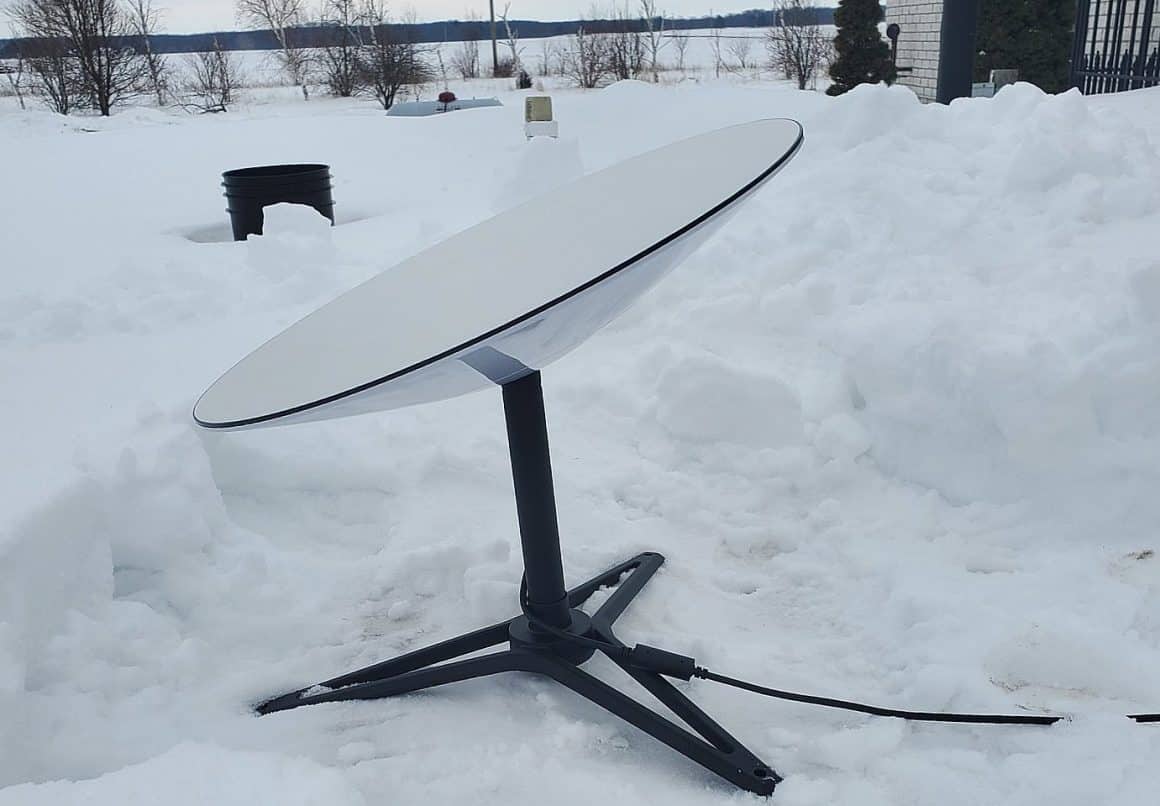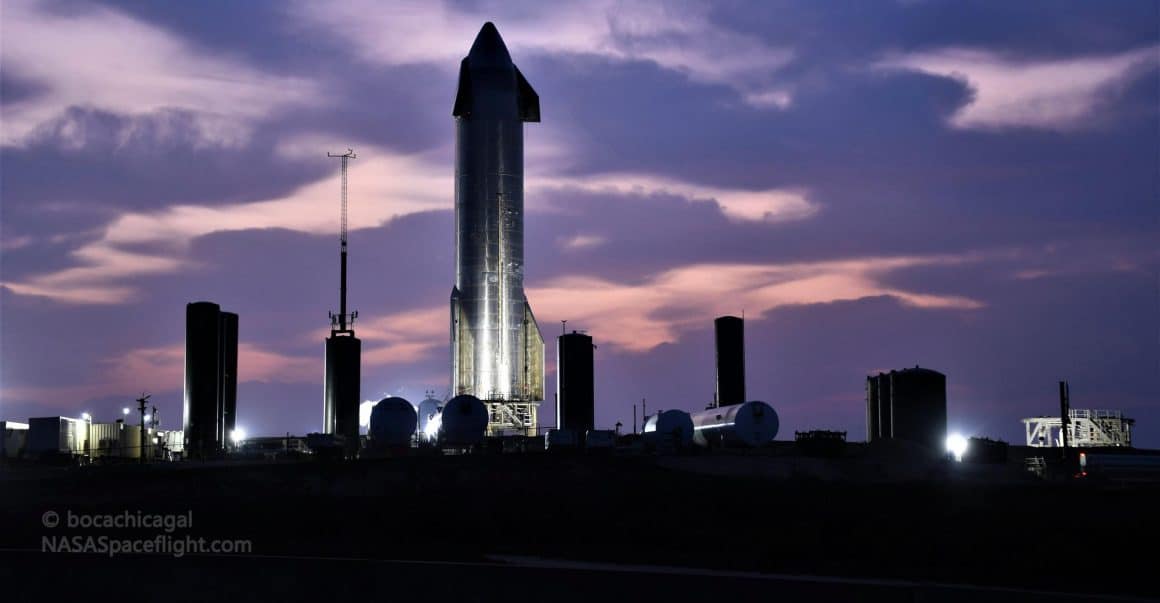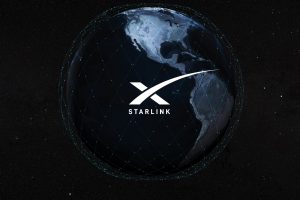Starlink may already be providing a variety of remote areas with quick web access today, but this year the satellite internet service is poised to get even better. Starlink’s speeds could double to about ~300 Mbps later this year, with latency falling to about ~20 ms, according to recent Twitter comments from SpaceX CEO Elon Musk.
In response to a series of tweets, Musk’s comments came from Anthony Iemole, a SpaceX enthusiast who recently got his Starlink pack. Iemole noted that he currently pays $85 per month to his internet service provider, which should provide him with download speeds of about 80 Mbps. However, these speeds have never been met, as on good days he only gets around 10-15 Mbps daily, and 25 Mbps.
These speeds were utterly crushed by Starlink, which promptly showed download speeds of 77 Mbps and upload speeds of 9.5 Mbps on the lower end. Iemole noted, at its best so far, that Starlink was able to reach 130 Mbps. Granted, the satellite internet service from SpaceX is $14 more than the $85 Mbps package from his ISP, but Starlink’s speed increase and reliability is well worth the marginally higher $99 monthly rate.
SpaceX has just a fraction of its Starlink expected satellites deployed today. Yet the system is already offering speeds well above those provided by conventional remote internet service providers, even in its current state. This is encouraging as Starlink is only bound to become much more stable as more satellites are deployed. Elon Musk stressed this in a later tweet.
Starlink should reach most of the planet by the end of the year, as per Musk’s update, and next year the device should be able to provide global coverage. After that, it would be a game to densify the coverage of the system to make it better and more precise. The CEO of SpaceX also stressed that the cellular internet will still have an advantage in dense urban areas, but Starlink has the potential to be a major game-changer in low to medium population density areas.
Latest Federal Communications Commission (FCC) filings have suggested that SpaceX plans to broaden Starlink’s portfolio of services beyond satellite Internet connectivity. Among these is a phone service that is supposed to provide competitive rates to today’s current phone plans, and battery backup services that should allow internet connectivity for Starlink users when the power goes down. The filings also reference proposals to introduce a program that would make Starlink more accessible, supported in part by the Lifeline program of the government, for low-income households.





